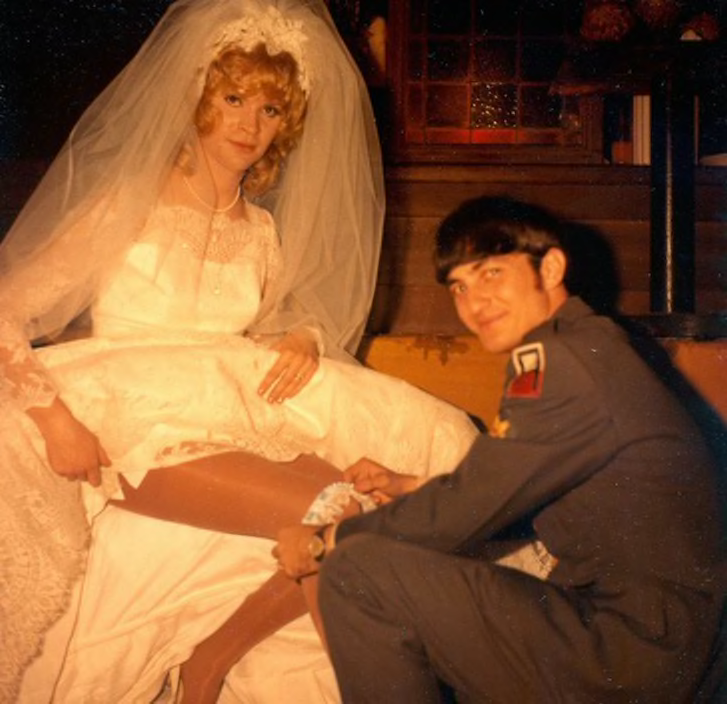'Dog Day Afternoon" never makes mistake. The characters are all believable, sympathetic, convincing. We care for them. In a film about cops and robbers, there are no bad guys. Just people trying to get through a summer afternoon that has taken a strange turn.'
The film is based on an actual bank robbery that took place in New York in the 1970s. And it seems to borrow, too, from that curious episode in Stockholm when hostages, barricaded in a bank vault with would-be robbers, began to identify with their captors. The presence of reporters and live TV cameras changed the nature of those events, helped to dictate them, made them into happenings with their own internal logic. But Lumet's film is also a study of a fascinating character: Sonny, the bank robber who takes charge, played by Al Pacino as a compulsive and most complex man. He's street-smart, he fought in Vietnam, he's running the stick-up in order to get money for his homosexual lover to have a sex-change operation. He's also married to a chubby and shrill woman with three kids, and he has a terrifically possessive mother (the Freudianism gets a little thick at times). Sonny isn't explained or analyzed -- just presented.
Sonny and his zombie-like partner, Sal, hit the bank at closing time (a third confederate gets cold feet and leaves early). The stick-up is discovered, the bank is surrounded, the live TV mini-cams line up across the street, and Sonny is in the position, inadvertently, of having taken hostages. Sonny is gay, along with many other things.The film takes place almost entirely within a bank branch and the barbershop across the street, which becomes the police and FBI "command center." Back and forth Lumet's camera moves, on a shuttle of negotiations. The side view down the street in either direction shows their escape route, until it's blocked by a crowd that quickly forms and becomes a character in itself.
Sidney Lumet is a master filmmaker. His book on directing joins David Mamet's as two contrasting approaches to the subject, both written with clarity and conviction. Starting young by directing live TV, Lumet launched his big screen career with "12 Angry Men," based on one of his TV productions. His subjects have ranged widely; he clearly cares for the story above all else and doesn't specialize in genres or themes. In the screenplay, Cazale’s role was written to be a smart-ass street kid. But Al came to me and said, ‘Sidney, please, I beg you, read John Cazale for it.’ And when John came in I was so discouraged and thought ‘Al must be out of his mind.’ This guy looks thirty, thirty-two, and that’s the last thing I want in this part. But Al had great taste in actors, and I hadn’t yet seen him in The Godfather.
And Cazale came in, and then he read, and my heart broke… One of the things that I love about the casting of John Cazale was that he had a tremendous sadness about him. I don’t know where it came from; I don’t believe in invading the privacy of the actors that I work with, or getting into their heads. But my God—it’s there—in every shot of him. And not just in this movie, but in Godfather II also.
When Al asked him during a scene, ‘Is there any country you want to go to?’ Cazale improvised his answer by saying, after long thought, ‘Wyoming.’ To me that was the funniest, saddest line in the movie, and my favorite, because in the script he wasn’t supposed to say anything. I almost ruined the take because I started to laugh so hard… but it was a brilliant, brilliant, ad lib. —Sidney Lumet
Elizabeth Eden & John Wojtowicz on their wedding day, 1971.
The Real Story Of John Wojtowicz And The Bank Robbery That Inspired ‘Dog Day Afternoon >>>
Charles Ruppmann/NY Daily News Archive via Getty ImagesJohn Wojtowicz looks through the bank window during the robbery.
















.jpg)